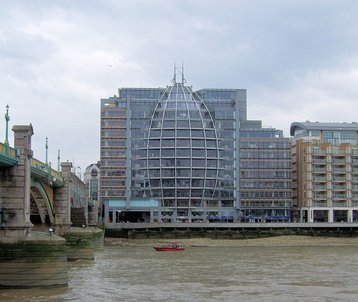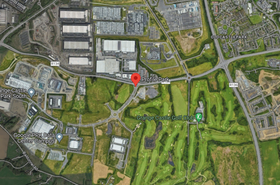UK telecoms regulator Ofcom has provided an update on how it will make mmWave spectrum available in the 26 GHz and 40 GHz bands.
In its latest update, Ofcom confirmed that the auction will "not include rules governing the location of any unsold spectrum in the 40 GHz band in the assignment stage of the auction, other than to require that any unsold 40 GHz lots are treated as a single, contiguous block."
"In November, we set out most of the design aspects for the auction to award citywide licenses in these spectrum bands," the update said. "Having considered responses to a further consultation we published at that time, we have today decided not to include a negotiation period in the assignment stage of the auction."
The regulator said that BT/EE had agreed to this proposal, however, Virgin Media O2 disagreed and was instead strongly in favor of including a negotiation period.
Ofcom also stated that it will consult on statutory instruments that are necessary to run the auction, which it said will "enable us to limit the number of licenses and allow bidders to trade licenses once issued." The regulator said it will invite comments on the proposed statutory instruments by May 28, 2024.
Ofcom claims the spectrum can carry large quantities of data, and has the potential to improve mobile speeds in busy areas, such as train stations, football stadiums, and concert venues.
The spectrum also has the potential to support virtual reality applications and factory automation, it added.
The UK's most recent 5G spectrum auction, which took place back in May 2021, raised a total of £1.35 billion ($1.68bn).
The UK regulator said in September that the mmWave spectrum auction had been delayed due to the proposed merger of Vodafone and Three.
The spectrum will be allocated to the UK's four mobile operators for 5G and other mobile technologies, and will be targeted at 68 major towns and cities where Ofcom expects the highest volume of mmWave deployments.
But the regulator said that it doesn't expect a decision from the Competition and Markets Authority (CMA) on the proposed merger until September 2024. The CMA launched a more in-depth, Phase 2 investigation into the deal earlier this month.






